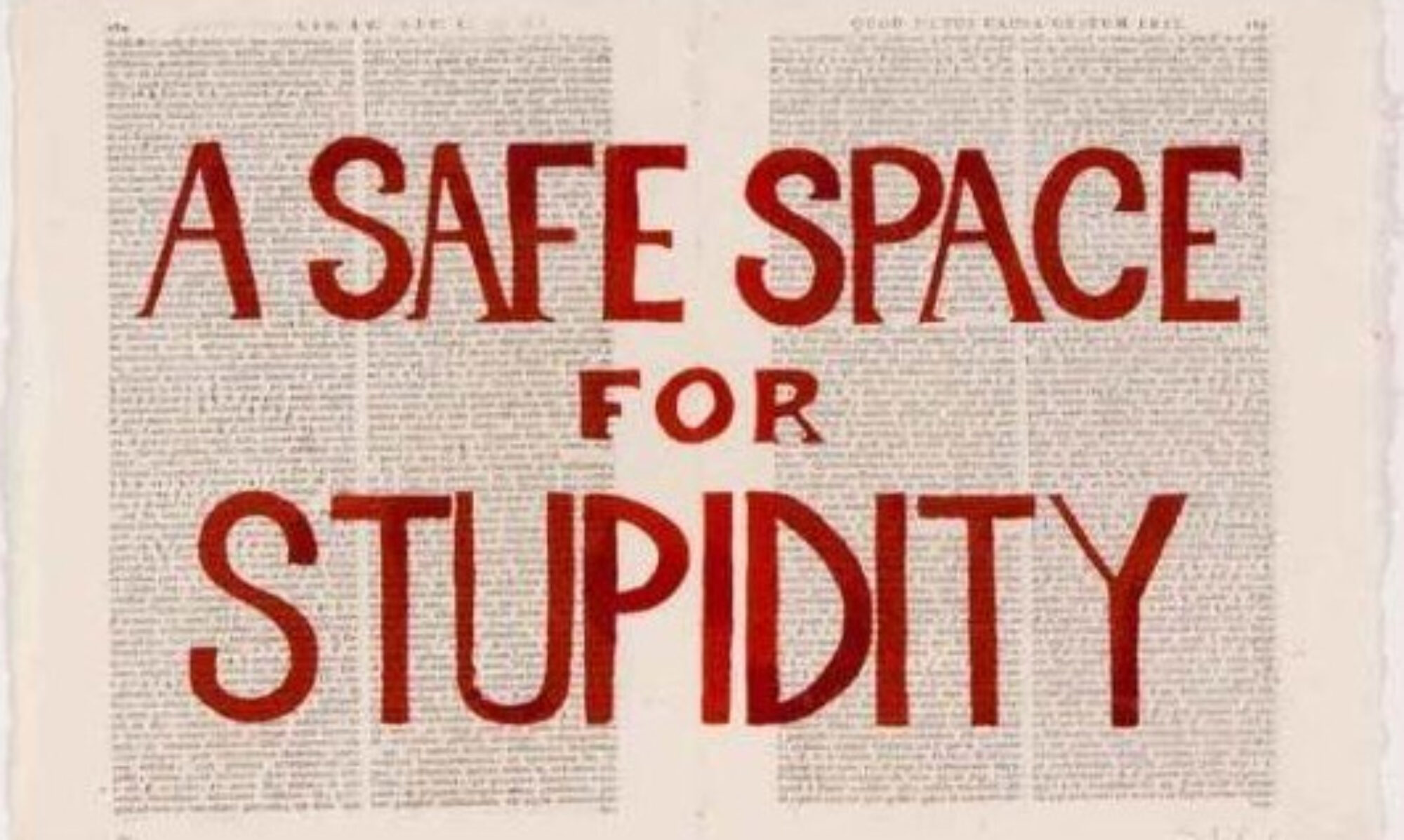When I was about ten years old, at a hurling match in Croke Park with my parents, a spectator nearby with an English accent offered an instruction to a defender who was chasing down a forward making a break: `Hit him you fucking coward!’ It appears that that spectator’s spirit is restless, and animating part of the viewing public.
Hurling is now available on Sky, despite the objections raised by leading members of the GAA:
“The whole point of the GAA,” he says, “is that we stand against capitalism, that money is a necessary evil. Our objective is the creation of cohesive communities, that is our target.”
It appears that hurling has become popular amongst sports fans in Great Britain, who have never seen it before, and are impressed. Great, and if this means Bath gets a hurling team, I’ll be delighted. The trouble is what people find impressive. One Irish-based sports website has collated some of the twitter responses, admittedly going for the more egregious, for the first game shown on Sky and now the second weekend. Some people are impressed by the speed and skill, some people are bemused, and some respond by describing it as `a pub fight on grass’, `a scrap doon the scheme’, `confirms my belief that the Irish are mental’, `superb combination and [sic] skill and violence’, and elsewhere `You can literally twat each [other] with a 2 x 4 piece of wood, smash a cricket ball at opposite players, rugby tackle each other.’
God knows the Irish are used to affording some English people an opportunity for a mix of condescension and amused tolerance of those strange foreigners (Brendan O’Carroll’s success is the principal evidence), but there’s no call for this nonsense. It should be possible to do better than this, and certainly not resort to admiration of the `violence’ of a highly skilled, and generally sportingly played, game.
For the avoidance of doubt, the only tackle allowed in hurling is shoulder-to-shoulder, not a rugby tackle and certainly not `literally’ hitting someone with a 2×4. Serious injury is very rare in hurling, because usually the stick takes the punishment.
Hurling is one of the oldest recorded sports in the world—it appears in Irish mythology dating back three thousand years—and is certainly the fastest field game. It requires skill, grace, courage, and is played by amateurs organized by an association which owns the third largest stadium in Europe. The Gaelic Athletic Association is probably the only major body in Ireland which is not an embarrassment, owing to its roots in every community, in Ireland and outside it. Hurling is unambiguously a genuinely special, uniquely Irish, event, and it is being turned into an extravaganza of Micks with Sticks, the professional wrestling of field sports, delighting some people who have decided to see it as an opportunity for delighting in Irish madness and taste for violence.
It takes a few minutes to find out something about the game. You might even sound expert given a little effort. With a bit more work, you can probably find a local club and see a game live. Or would that be too much like genuine interest?
